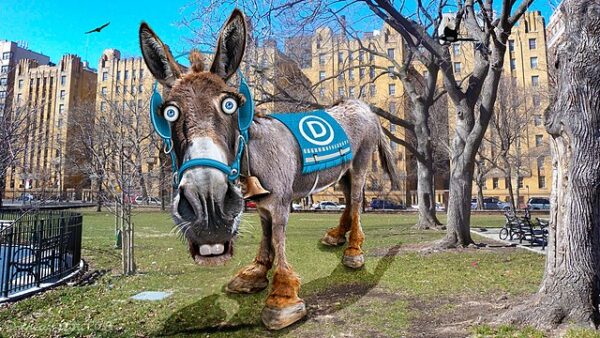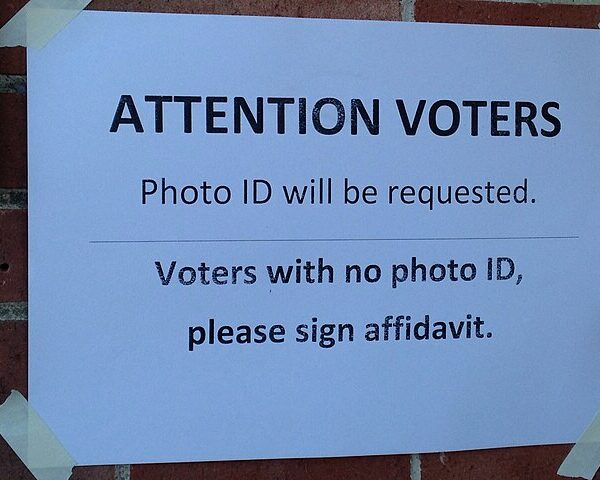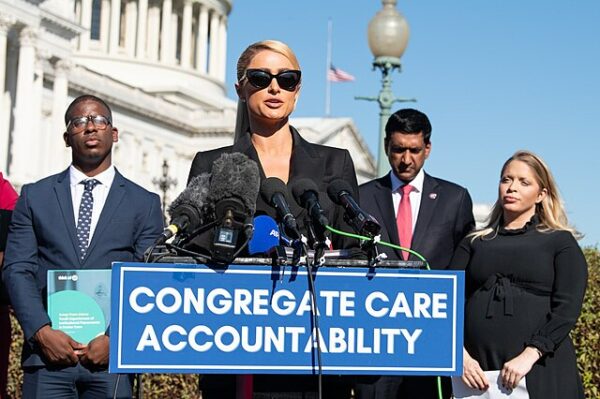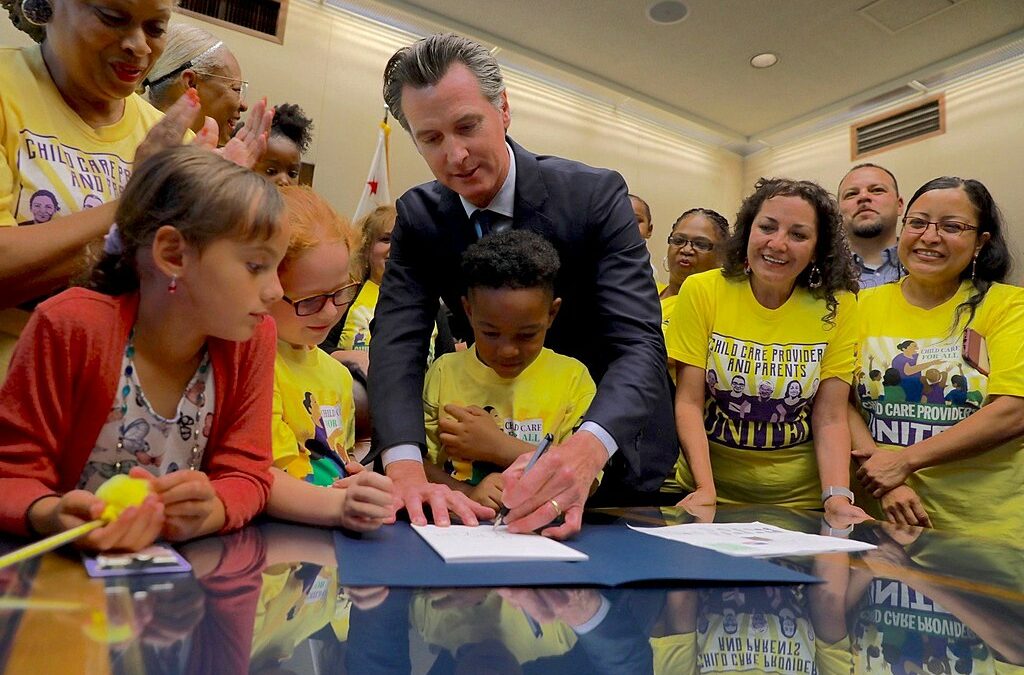
The Democratic National Committee is confronting a fresh eruption of internal turmoil after Chairman Ken Martin informed employees that Washington-area staff will be required to return to the Capitol Hill headquarters five days a week beginning in February 2026, ending a remote work arrangement that has lasted since the earliest months of the pandemic.
Martin delivered the news during a virtual staff meeting Wednesday, according to The New York Times. The reaction was immediate and visceral: remote workers flooded the Zoom screen with thumbs-down icons, while in-person staffers objected openly. The Service Employees International Union, which represents DNC employees, condemned the directive in a statement to the Times, saying, “It was shocking to see the DNC chair disregard staff’s valid concerns on today’s team call. DNC staff worked extremely hard to support historic wins for Democrats up and down the ballot last Tuesday, and this change feels especially callous considering the current economic conditions created by the Trump administration.”
Martin, unmoved, reportedly told staff that those unwilling to return to the office might need to look for jobs elsewhere, though he added that individual remote requests would be reviewed. One employee pushed back by noting that Democrats won the presidency in 2020 while operating fully remotely — an achievement they argued should justify extending the arrangement at least through the 2028 cycle.
Republicans, sensing an easy target for mockery, seized on the moment. RNC National Press Secretary Kiersten Pels could help herself:
This is hilarious.
DNC staffers are “shocked” at being expected to show up to work during a midterm campaign cycle
The best part is that they still get two full months before they actually have to get out of bed 5 days week
Is this a political committee or a daycare? https://t.co/Nsjb8Z4EpX pic.twitter.com/8Db7QD8ELd
— kiersten pels (@KierstenPels) November 13, 2025
Washington’s return-to-office trend has been accelerating since January, when President Donald Trump — on his first day back in office — ordered federal agencies to sharply curtail remote work, noted The Daily Caller. That shift has had measurable economic effects: Metro ridership rose 9 percent year-over-year for fiscal 2025, marking nearly four straight years of gains, and downtown restaurants and bars report stronger revenue from the influx of commuters. The 43-day government funding lapse that ended this week raised new concerns among local businesses about what another interruption might bring.
But the workplace dispute comes as Martin is already facing broader doubts about his leadership — and, by his own admission, doubts about the job itself.
In an unusually candid interview, Martin acknowledged the intense strain of running a fractious national party, confessing there’s “not a day that I don’t go home wanting to pull my hair out.” He called the chairmanship a “tough job,” shaped by nonstop pressure from warring internal factions. Yet he insisted he remains committed: “Most people think I’ve got the shittiest job in America, but I feel like I’ve got the best job in America.”
Even so, grumbling among Democrats has been mounting. Some have privately labeled him “whiny” and “weak,” according to reporting cited by the Daily Caller. Others complain the DNC has become “almost irrelevant” amid sagging fundraising numbers and a year marked by internal conflict rather than outward-facing political strength.
Those concerns were sharpened earlier this year when David Hogg, a gun-control activist elected DNC vice chair in February, announced plans to target incumbent Democratic lawmakers in primary races. The move provoked a backlash that culminated in the DNC voting to remove Hogg in June. A leaked recording from that same month captured Martin admitting doubts about his effectiveness as chairman. “For the first time in my 100 days on this job … the other night I said to myself for the first time, I don’t know if I wanna do this anymore,” he said.
Addressing Hogg directly on the recording, Martin added, “No one knows who the hell I am, right? I’m trying to get my sea legs underneath of me and actually develop any amount of credibility so I can go out there and raise the money and do the job I need to to put ourselves in a position to win. And again, I don’t think you intended this, but you essentially destroyed any chance I have to show the leadership that I need to. So it’s really frustrating.”
By August, Martin’s rhetoric had taken a darker, more urgent tone. In a speech that drew puzzled reactions inside the party, he warned of “an insidious force” seeking to spread “fascism” across the country — a message intended to rally Democrats but one that underscored the chairman’s increasingly strained position.
Meanwhile, fundraising numbers suggest the DNC is struggling to regain its footing. By the end of June, the committee reported just $15 million in cash on hand, far behind the Republican National Committee’s $80 million. New polling offers little comfort: a recent CNBC generic ballot survey shows Democrats ahead by only one point. During the same period of Trump’s first term in 2017, Democrats led by 10.
For Martin, the convergence of weak polling, internal feuds, and now a staff revolt over workplace rules underscores the broader difficulty of confronting a party that is staffed by those who do not live in reality.
[Read More: Democratic Senator’s Staff Tried To Sneak Into ICE Detention Center]











